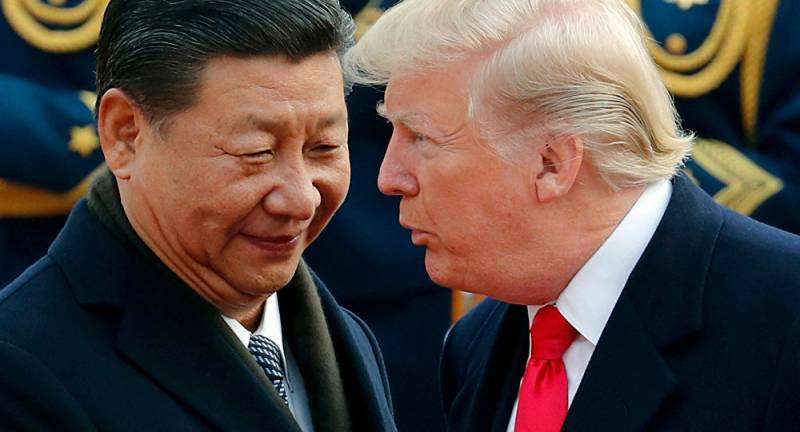Rejecting the trade deal, which has been blasted for favoring big corporations, was an election campaign pledge by US President Donald Trump and he announced the projected move on his first day in office.
A massive 11-country trade agreement is due to take effect on Sunday, thereby reshaping trade rules among economic giants like Japan, Canada, Mexico and Australia, but the United States won’t be a signatory to it, meaning that locally-produced foods like California almonds and Welch’s grape juice will remain subject to duties in Japan, for instance.
In the meantime, competitors’ products from countries that signed the new Comprehensive and Progressive Agreement for Trans-Pacific Partnership will carry no duties. Japan is meanwhile expected to introduce similar tariff relief for the European Union, in a separate trade agreement.
The deal known as the TPP, proposed by the Obama administration, underlays the US strategy of countering Chinese economic influence, but it was one of the first things President Donald Trump sought to undo after his election in November 2016, pulling the country out of the deal in January 2017.
He moved to replace the deal that he called “a disaster” with an array of direct bilateral deals, as the US is currently deep in a trade war with China ever since the introduction of tariffs on $250 billion worth of Chinese goods, which has prompted a reciprocal action from Beijing.
However, the current member states of the partnership have left open the possibitlity that the US and other states, namely China, could join them if they choose to.
"They're trying to say, 'We're moving forward and we hope you come to your senses at some point and join us, too'," said Phil Levy, a senior fellow at the Chicago Council on Global Affairs who served as a senior economist for trade under President George W. Bush.
Meanwhile, on Saturday, US President Donald Trump announced that he had made headway on a trade deal with China during a phone conversation with his Chinese counterpart Xi Jinping.
"Just had a long and very good call with President Xi of China. Deal is moving along very well. If made, it will be very comprehensive, covering all subjects, areas and points of dispute. Big progress being made!" Trump wrote on his Twitter page.
The withdrawal from the TPP was notably one of Trump’s campaign pledges that he has essentially fulfilled, arguing that the TPP would harm American workers and production levels.
The major trade deal was agreed in 2015 by nations including the US, Japan, Malaysia, Australia, New Zealand, Canada and Mexico, but has not yet been ratified by individual countries. Opponents of the deal have notably pointed out that it would be ineffective and solely favors big corporations. The deal is aimed at deepening economic ties and boosting growth, including by reducing tariffs.
The US president also renegotiated the 1994 North American Free Trade Agreement, replacing it with a trilateral US-Mexico-Canada agreement, which still has to gain congressional approval before it takes effect. Separately, Trump is pursuing locally negotiated deals with the European Union and as well as one with Japan.






